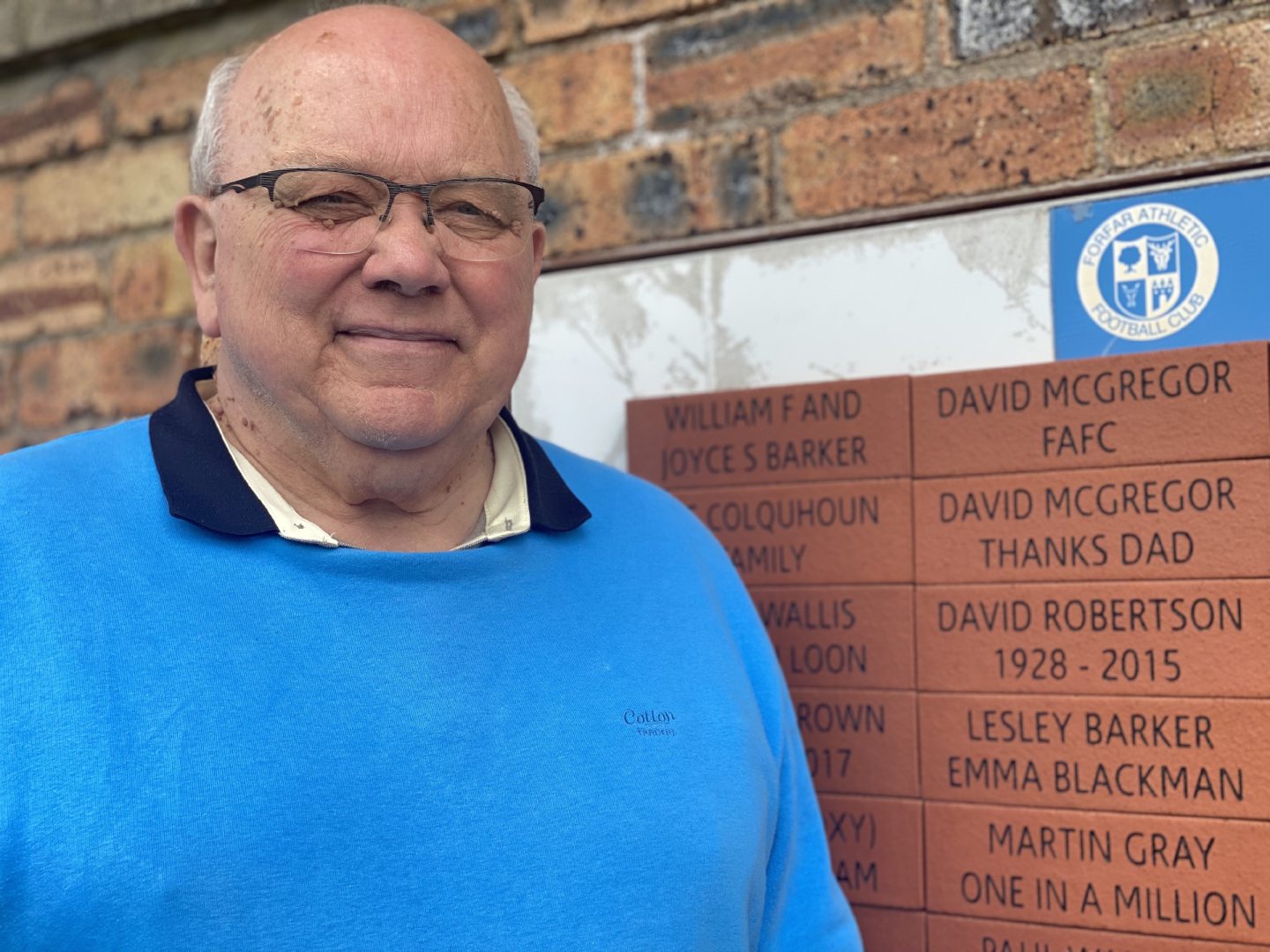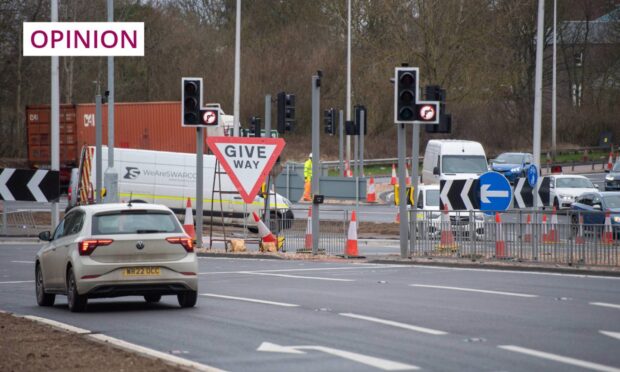Being a cop and putting yourself in harm’s way to protect the public is an increasingly thankless task.
And the men and women who tackle the violent and the vicious – so that we don’t have to – are increasingly being thrown under a bus by those they safeguard.
Two recent cases shine a light on the difficulties and the dangers of a job which attracts critics like garbage attracts flies.
The first was the outrageous case of a joiner in Fife who has eight previous convictions for police assault and who, despite being found guilty at Dunfermline Sheriff court of punching a female officer in the face, has had his sentence deferred for monitoring.
I can’t imagine a situation where a thug who had assaulted those sitting on the bench in judgement so many times wouldn’t end up in jail.
But as far as the judiciary are concerned, open season on the police appears to be acceptable.
Meanwhile, in a McDonald’s in London, it was left to a pensioner to try to help a cop who was being battered by three hooded thugs who knocked him to the ground.
The officer, who along with his female counterpart had been called to the restaurant in Kingston upon Thames, sustained a number of blows to his head.
Increasingly the police are caught between a rock and hard place.
Response officers, who very often will go entire shifts without a toilet or tea break, will enter into situations and places often in the dark of night, not knowing whether they’ll face a knife or a baseball bat or worse.
And they’re expected to exercise the judgement and Wisdom of Solomon in dealing with situations which can flare into extreme violence in a nanosecond.
Their actions in assessing and dealing with – in a fraction of a second – folk who are often mentally ill or in a heightened state of anxiety or rage through drugs or alcohol are then scrutinised to the nth degree from the comfort of a warm office by folk who either have never faced the dangers of the job, or who haven’t been on the front line for a long time.
They will deal with physically dangerous individuals who are capable of carrying out extreme violence and who will do so without compunction on anyone who gets in their way.
‘Distressing sights’
There seems to be a misguided view among some folk that police officers should be some kind of superhero figures trained like the SAS to fight off baddies.
But their job encompasses a range of skills, from the tactile to the softer skills which would test most of us to the limit.
A shift can see them searching for a missing person who may be suffering from dementia or some other condition which makes them vulnerable.
An hour later they’re acting as social workers with someone with a serious mental health issue threatening self-harm or harm to them and others.
The same night may see them deal with deeply distressing sights of road traffic accidents, suicides or sudden deaths.
In road traffic policing, along with emergency service workers, they’ll see carnage and horrors in fatal accidents which may stay with them the rest of their lives.
And when it comes to complaints they’re held to far higher standards than the vast majority of us, often on little or no evidence; few jobs attract vexatious complainers like policing does.
Their job is becoming almost impossible.
One section of the community complains they’re not heavy handed enough while another thinks they’re too tough.
Their ignorant critics wouldn’t last ten minutes in the job.
Last Friday I was at a dinner to celebrate a man who’s given 40 years of service to his local football club, Forfar Athletic.
David McGregor spent ten years as chairman at Station Park but did everything from being programme editor to selling pies.
Those of you who know Scottish football at that level will know that these are activities a million miles removed from the rarefied world of the mega rich football folk who normally fill newspaper columns and television screens.
I’d venture to suggest that David’s lifelong commitment and deep sense of community spirit has cost him money over the years.
Sometimes we talk glibly of the notion of community.
But watching genuine heartfelt appreciation and gratitude of club supporters and townsfolk, and the many former players who travelled to pay tribute to a great club man, was to watch a real sense of community in action.
There are men and women like David McGregor the length of the country volunteering and helping, seeking no reward other than the satisfaction of doing their best for their ain folk.
No wonder there were few dry eyes in the Reid Hall when he rightly took the plaudits of appreciative friends.














Conversation